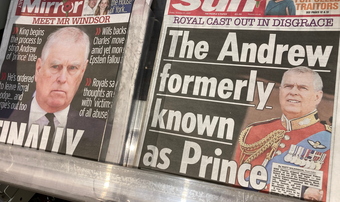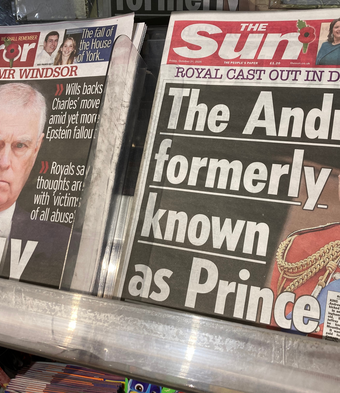Praying for the perpetrators

In 1 Timothy chapter 2, the Apostle Paul provides some instructions on worship to his young protégé, Timothy:
"I urge, then, first of all, that petitions, prayers, intercession and thanksgiving be made for all people — for kings and all those in authority, that we may live peaceful and quiet lives in all godliness and holiness. This is good, and pleases God our Savior, who wants all people to be saved and to come to a knowledge of the truth. For there is one God and one mediator between God and mankind, the man Christ Jesus, who gave himself as a ransom for all people." (1 Timothy 2: 1-6)
I wonder if we truly recognise the scope of this instruction? That we should be praying for ALL people. Paul mentions kings and those in authority. In the context of the New Testament church, living under Roman rule, this meant remembering despots and tyrants in prayer before God - asking for God's mercy and favour on them despite their wickedness and cruelty. Imagine how hard it would have been for believers to do this, in the context of sometimes brutal persecution.
The reason for doing so is clear: because the Lord Jesus Christ wants "all people to be saved and to come to a knowledge of the truth" (v2). His love extends to those who are the hardest to love and who may feel to us to be the least deserving of God's love. The Gospel invitation is to be extended to these people and we ought to pray for their conversions.
The Apostle Paul must have been deeply affected by this thought. He was, after all, a leading persecutor of the Lord's people before his experience on the Damascus Road. He knew how sin could grip and distort a person, causing them to do terrible things. And he knew the sin-smashing, chain-breaking power of conversion - a living faith in the Lord Jesus. He became a "new creature".
Before I came to work for CARE, I was involved with an organisation in Cambodia which worked with children who had been trafficked or would have been vulnerable to trafficking. At one point, during my time in Cambodia, I met a man who was suspected to be a trafficker. His name was Raphael. I remember writing about this man in the journal I was keeping at the time. I felt such anger towards him. I had seen first-hand the effects of his callous crimes on human beings. I had heard the harrowing accounts of sex trafficking the children I was working with had endured by men like him. I knew I ought to pray for Raphael but struggled to do so. I am convinced by Paul's words, however, that it is right to do so.
This exact situation - praying for traffickers - is explored in this challenging spoken word piece written by Sarah Turner. It attempts to explore and imagine how someone might end up becoming a trafficker, as well as thinking about how violence and abuse as a way of life slowly destroys someone’s humanity. And it ends with a prayer and an encouragement that others may pray too.
Can I encourage you to watch it, meditate on it and pray for those who are engaged in the awful industries of trafficking and modern slavery in the UK? We worship a God who rescues sinners and makes them his saints. Answered prayer for traffickers would do immeasurable good in our nation, and lead to great rejoicing in heaven.
Letter to a trafficker was written by Sarah Turner (Thrive Together Birmingham). With thanks to Jonah Bateson, Rachel Little, Douglas Machiridza, and The CofE Birmingham Comms Team. Find out more about Thrive Together here.






